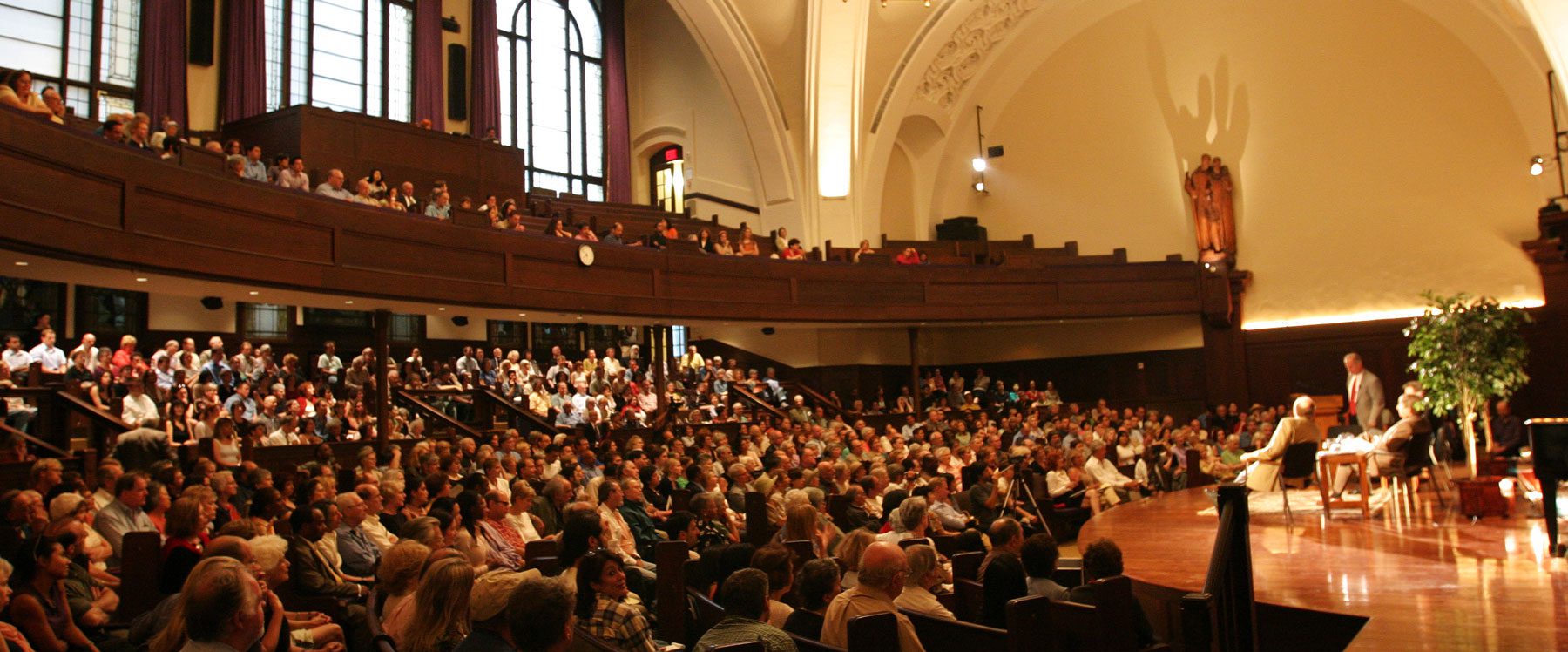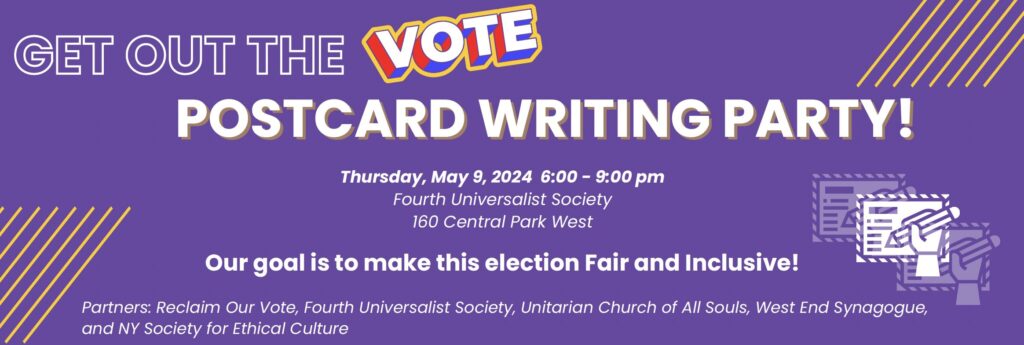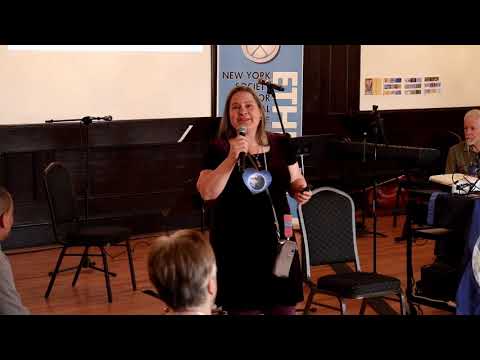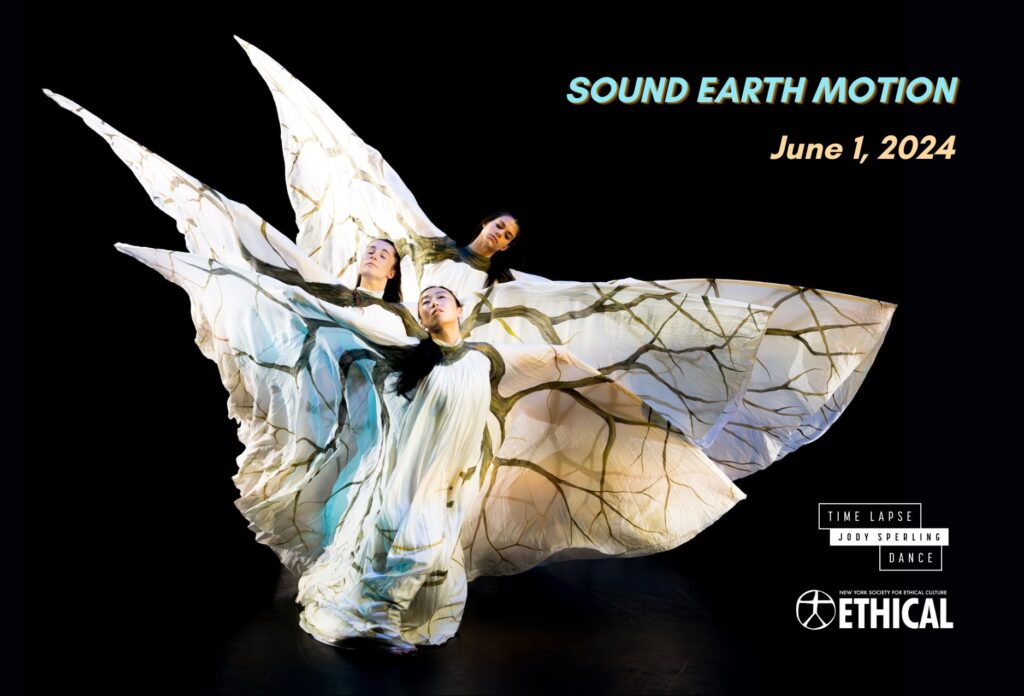
“Let us summon a new spirit of patriotism; of service and responsibility where each of us resolves to pitch in and work harder and look after not only ourselves, but each other. . . Let us resist the temptation to fall back on the same partisanship and pettiness and immaturity that has poisoned our politics for so long. . . While the Democratic Party has won a great victory tonight, we do so with a measure of humility and determination to heal the divides that have held back our progress.”
from President-Elect Barak Obama’s victory speech
“I urge all Americans who supported me to join me in not just congratulating him, but offering our next president our good will and earnest effort to find ways to come together to find the necessary compromises to bridge our differences and help restore our prosperity, defend our security in a dangerous world, and leave our children and grandchildren a stronger, better country than we inherited.”
from Senator John McCain’s concession speech
* * *
The above quotations are heartening indeed. For too long we have been bitterly divided as a nation, polarized into separate camps of blue and red politics, questioning one another’s morality and sanity, unable to understand positions so opposed to our own. Can we ever find our way back to one another? Is healing possible?
We have always been a land of diversity and conflict, but we have also upheld high ideals and committed ourselves to democracy, favoring the majority position while honoring the minority’s. Republican strategist Ken Mehlman calls the current political environment “hyper-partisanship,” a state resulting in a paralyzing inability to confront difficult problems facing the nation, problems like the “three E’s” of economy, energy and environment. We desperately need bipartisanship now; without it, it’s like trying to cut a piece of paper with one scissor blade.
What brought us to this impasse — a country split in half by the elections of 2000 and 2004? There are many opinions. Some are political: Revised congressional rules made it easier for party leadership to corral their members; interest groups sprang up on the extreme right and left; media outlets took partisan positions and covered the overly long campaigns 24/7, emphasizing sound bites of negativity.
Some opinions are psychological: Jonathan Haidt specializes in the new field of moral psychology, researching the evolution of morality and emotion, and how they vary across cultures. His study of the intuitive foundations of political ideology has led him to search for ways to overcome what he calls “the moralism of the American culture wars.”
How can we get along in a morally and politically diverse society? Here is what Haidt suggests:
1) Recognize that all sides in the debate are morally motivated: “Only when moral motives are acknowledged can intelligent discourse begin.”
2) Try to frame appeals in language that may trigger new intuitions on the other side, e.g., concerted effort to show that gay marriage is about order and stability.
His hope is that a fuller understanding of one another will lead to greater tolerance and respect.
To help realize this hope, Haidt created a website called “Civil Politics” at http://www.civilpolitics.org, a collaborative effort launched at a bipartisan interdisciplinary workshop on “moralistic politics” held at Princeton University on May 19, 2007. The goal is to promote politics in which opponents are not demonized, and cooperation is not seen as moral failing; where power and ideas are intensely debated, but opponents are respected as fellow citizens, sincere in their beliefs. The first step in finding common ground is recognizing that the other person is acting from moral rather than venal reasons.
Does this sound familiar to you? It sure sounds like Ethical Culture to me. Our faith is in the natural goodness of all human beings, a goodness that can be called upon when we confront ethical challenges. We choose to attribute worth to others and ourselves, to experience that worth in our relationships, especially when we disagree with someone. Often a newcomer to our Society will say, “I’m looking for a community of like-minded people.” I understand that desire; we want to be with people who think as we do, who take the same political and social positions we do. It feels comforting and safe. Yet our ethical challenge has always been to embrace a diversity of ideas, to welcome different ways of thinking and feeling, in the spirit of deepening our moral relationships.
Remember that old call to action: “Afflict the comforted and comfort the afflicted.” It is time that we stepped out of our comfort zone, as euphoric as we now feel about this election, and seek to understand those who have opposed us and our ideals. We as a nation have been afflicted by partisanship for too long. Now we must embark, with Obama and McCain, on the long road toward repairing the divisions and healing the wounds of the last eight years.
“I was thinking the other day that I had gotten very vital things from people I hated. Friendship is a gift of the gods, a give and take; but if you accomplish anything with your enemies, it is a tremendous piece of work in itself. If you overcome your aversion, that means a great deal.”
John Lovejoy Elliott, Ethical Culture Leader (1868-1942)
Suggested readings:
Robert Coles, Lives of Moral Leadership, NY: Random House, 2001.
Barack Obama, The Audacity of Hope, NY: Three Rivers Press, 2006.
Jonathan Haidt, “What Makes People Vote Republican?” on Edge Foundation website – http://www.edge.org/3rd_culture/haidt08/haidt08_index.html
Donald W. Shriver, Jr., An Ethic for Enemies: Forgiveness in Politics, NY: Oxford University Press, 1995.







